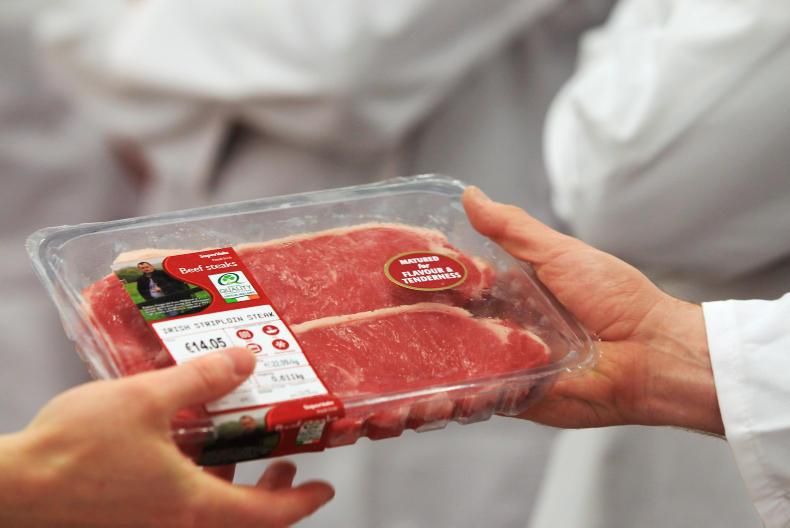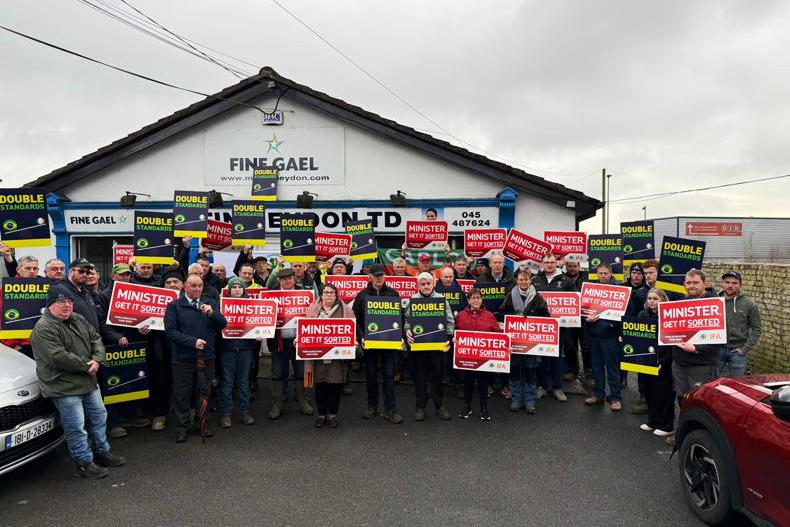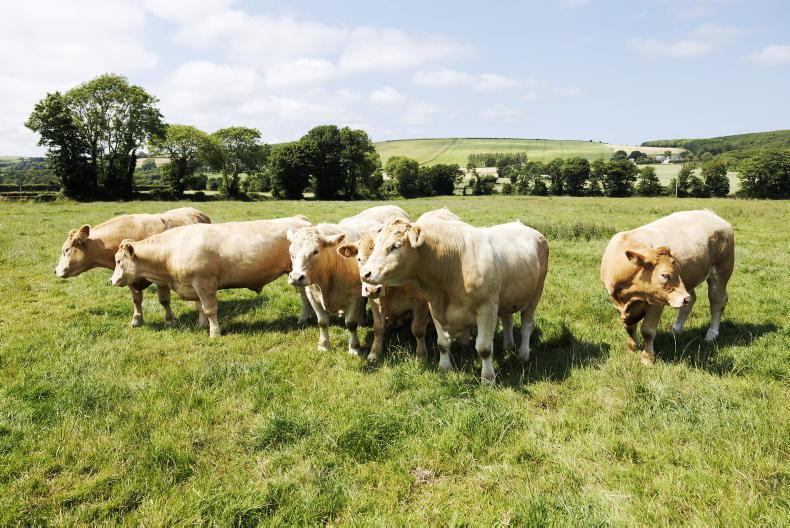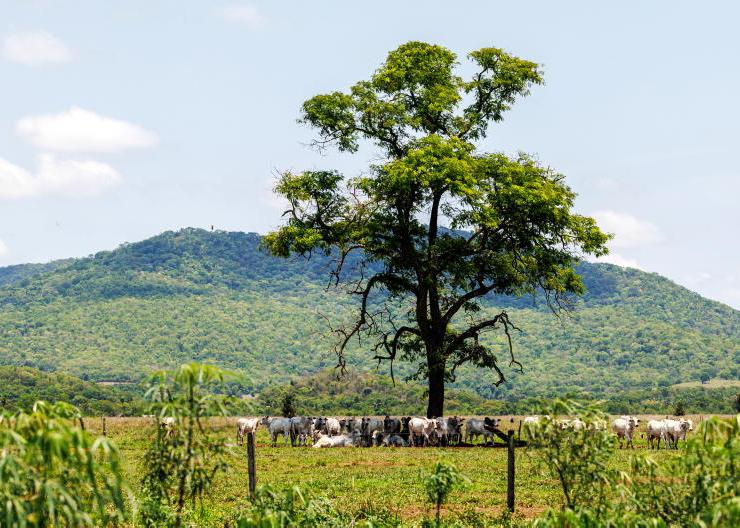The increase in supermarket and butcher shop sales has not replaced the loss of the restaurant and fast food business across Europe for either beef or sheepmeat and is being felt by farmers with falling prices.
Joe Burke, senior manager of meat and livestock with Bord Bia, told the Irish Farmers Journal: “While the improvement in retail sales is positive, the difficulty is that, on average, more than 50% of the volume of beef coming from each carcase is generally sold into the manufacturing and foodservice channels.
Lamb has been enjoying strong retail sales but these have not fully made up for the loss of other outlets
“At present, these outlets are heavily impacted in most markets, as both burger production for fast food chains and sales of beef, particularly steak cuts, into restaurants and hotels have been effectively suspended. Lamb has been enjoying strong retail sales but these have not fully made up for the loss of other outlets.”
The cow trade has taken the biggest hit, with quotes back 15c/kg to 20c/kg, making the total drop 40c/kg to 50c/kg in recent weeks. This works out at €190 per head for a good-quality beef-bred cow and the plainest of cows are back over €100 per head.
Despite a slight recovery this week, hoggets are also back between 40c/kg and 60c/kg
Base quotes for steers and heifers are back 10c/kg to €3.50/kg, with young bulls under 16 months quoted on the grid at €3.40/kg. Numbers of young bulls are back 40% on this time last year, with €3.40/kg to €3.50/kg being paid for U grades and R grades in the range €3.30/kg to €3.45/kg.
Despite a slight recovery this week, hoggets are also back between 40c/kg and 60c/kg and spring lambs are trading at a similar amount below what would have been expected.
IFA livestock chair Brendan Golden called on factories to stabilise prices and give Minister Creed a chance to secure a support package in Brussels.
In NI, prices are back by 4p/kg to 6p/kg for this week.









SHARING OPTIONS